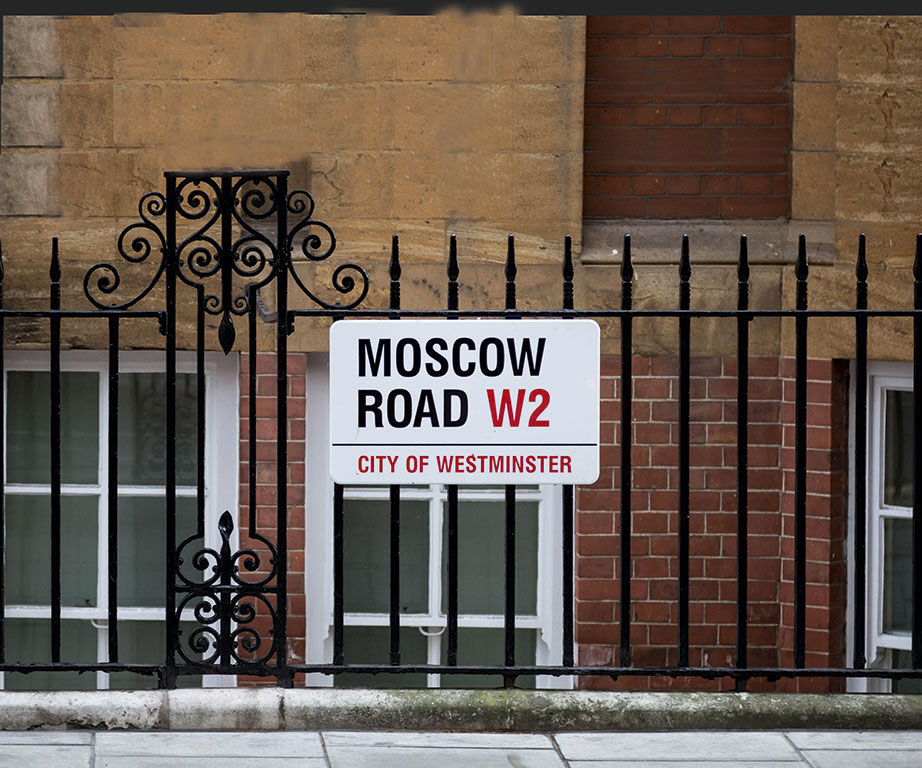
Simon Davenport QC & Helen Pugh examine the reasons behind the buoyancy of Russian/CIS litigation in London
- Many recent commercial litigation cases with one or more Russian/CIS parties share a number of common features.
- The calibre of the Commercial Court judges and the certainty of English law—as well as the courts’ impressive asset recovery weaponry—make London an attractive choice for contracting parties.
- The popularity of London and its suburbs among expats and exiles makes London a possible jurisdiction in other cases.
With episodes as high-profile as the Skripal poisoning, Roman Abramovich’s visa problems, and even Maria Sharapova’s doping scandal, the Russian influence in Britain in areas as diverse as espionage and sport is headline news in technicolour. Commercial litigation involving Russian and Commonwealth of Independent States (CIS) institutions, companies and people has the same high tempo, high stakes characteristics.
According to the report UK legal services 2018 by TheCityUK, in 2017 almost 1,200 claims were issued in the Admiralty and Commercial Court, now part of the Business









